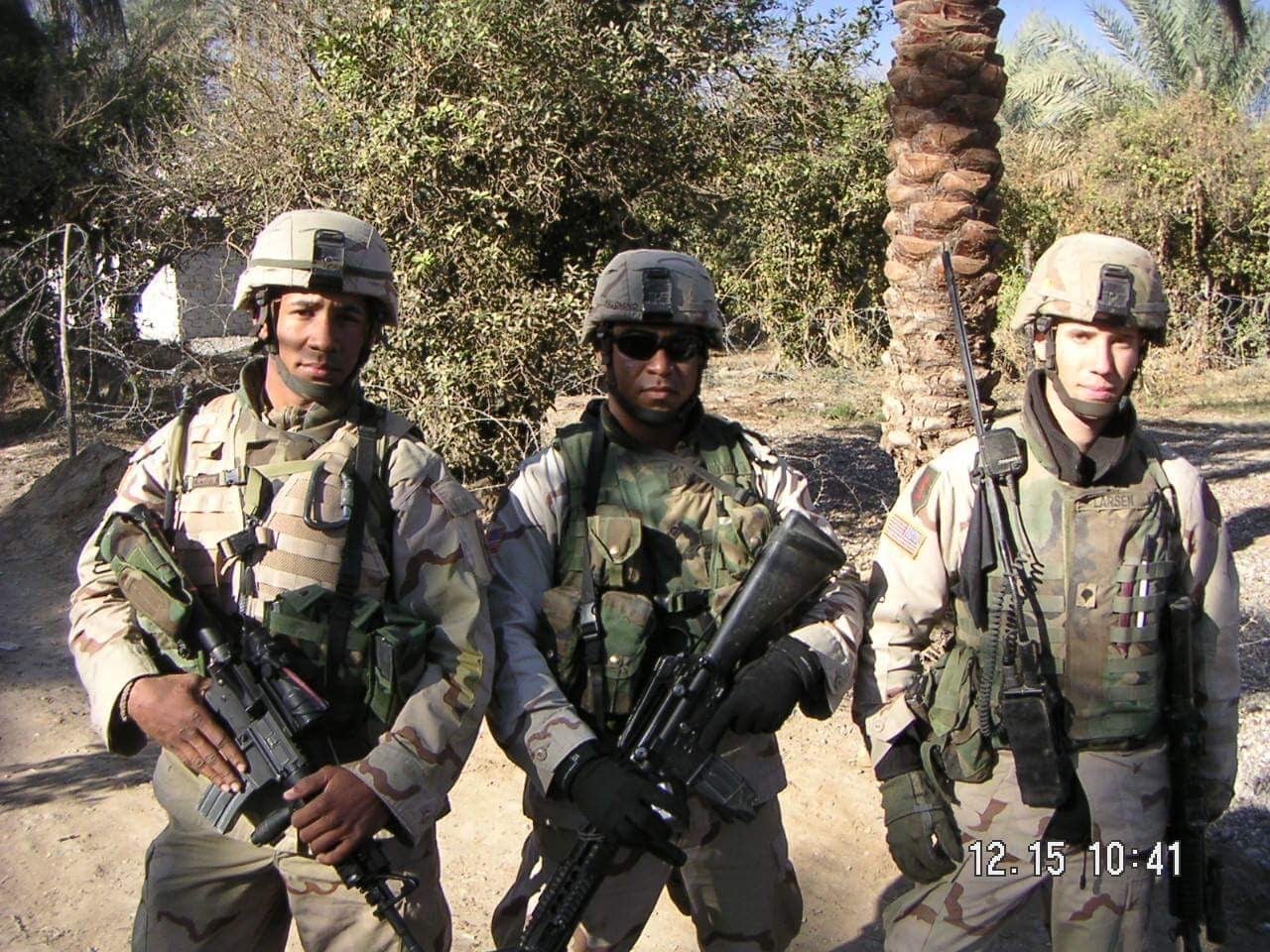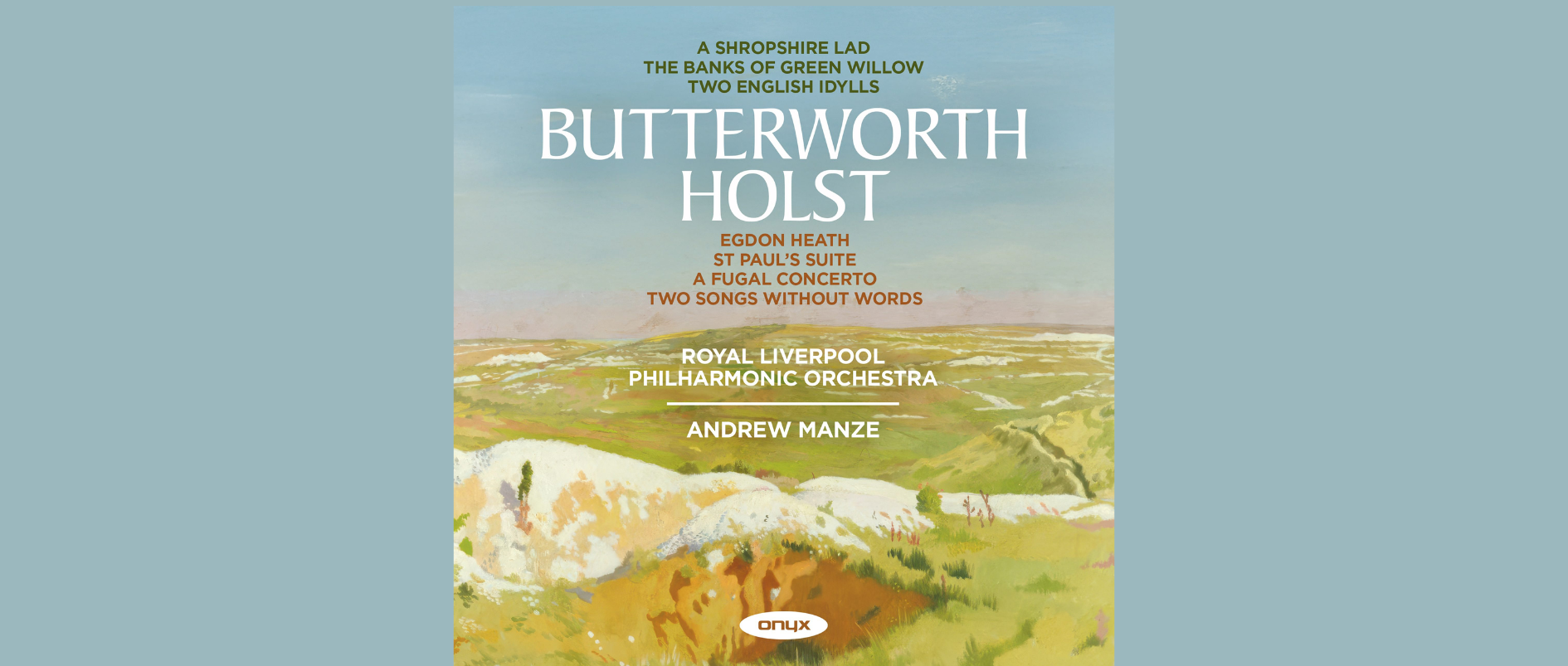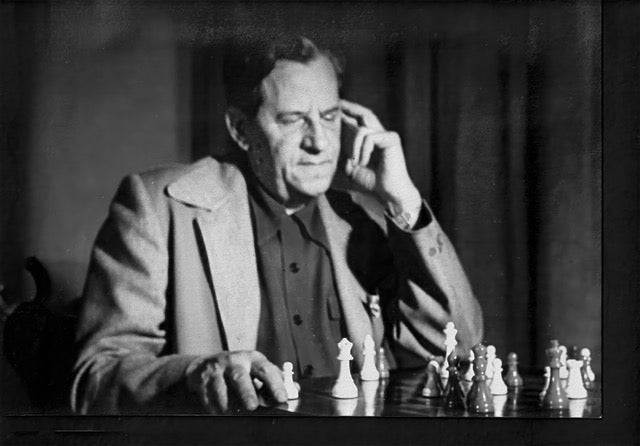During the course of a long career, Malcolm Arnold developed a reputation as a composer of classical music and film scores with a strong current of humor, but during the dark days of World War II, he struggled with tragedy.
In 1941, as war raged in Europe, Arnold’s brother Philip, a pilot in the Royal Air Force, was reported missing, and, after several months, confirmed dead. Arnold continued to work as a musician until 1944, when a second blow made him alter his course.
In the summer of 1943 Arnold’s wife Sheila became pregnant, and in January a girl, Kate, was born, but she lived for only a short time after the delivery. Something in the confluence of those sad events made Arnold decide to join the military, a decision that put him at odds with his parents, who had lost one son to the war and had another risking his life among Arctic convoys.
News with a little more humanity
WPR’s “Wisconsin Today” newsletter keeps you connected to the state you love without feeling overwhelmed. No paywall. No agenda. No corporate filter.
After being turned down by the navy, Arnold tried to join a parachute regiment, which turned him down because he was too small. The infantry accepted him and, after putting him through basic training, placed him in the army band. He sat down and cried.
“I could not believe that I had given up a reserve occupation, and they put me in the band,” Arnold said later. He went to the latrine, took off his boots, placed a biscuit barrel under his foot, aimed his rifle at his big toe, and fired. The self-inflicted wound could’ve gotten him shot as a deserter, but a sympathetic and insightful psychiatrist got him a discharge from the military, and the next unit he joined was the BBC Orchestra.
Within a few years, Malcolm Arnold would be one of the most sought-after composers in England, and would go on to compose music for eighty films, including the monumental tribute to British military endurance, The Bridge on the River Kwai.
Wisconsin Public Radio, © Copyright 2025, Board of Regents of the University of Wisconsin System and Wisconsin Educational Communications Board.







